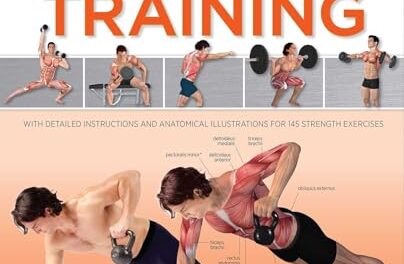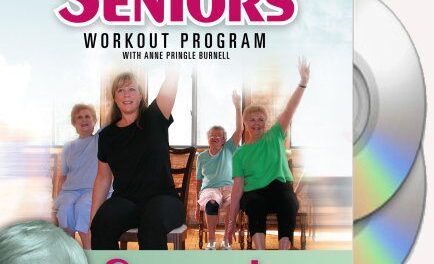A career as a Strength and Conditioning Specialist (SCS) offers the opportunity to work with athletes to improve their performance and achieve their physical fitness goals. This role is vital in sports teams, colleges, universities, and fitness centers. It combines knowledge of physical training with an understanding of sports science to design effective strength and conditioning programs. Here’s a deep dive into what it takes to become a Strength and Conditioning Specialist, the education required, and the potential career paths one can follow.
What is a Strength and Conditioning Specialist?
A Strength and Conditioning Specialist is a professional who uses scientific knowledge to improve athletic performance. Their expertise covers anatomy, physiology, biomechanics, and nutrition. They design tailored programs that improve strength, power, speed, endurance, and overall athletic performance. The role also involves teaching proper mechanics in strength training and conditioning exercises to prevent injury.
Educational Requirements
Entering the field of strength and conditioning typically requires a bachelor's degree in exercise science, kinesiology, physical education, or a related field. These programs provide foundational knowledge in the science of human movement, as well as practical skills in sports and fitness training. Courses might include biomechanics, exercise physiology, sports nutrition, and exercise technique.
Beyond the bachelor’s degree, many in this field pursue further qualifications to enhance their expertise and employability. A master’s degree or even a PhD in related fields can deepen a specialist's knowledge and open up more advanced roles in research and academic settings.
Certification and Licensing
Certification is crucial in this field for credibility and employment prospects. The Certified Strength and Conditioning Specialist (CSCS) offered by the National Strength and Conditioning Association (NSCA) is one of the most recognized certifications. To become a CSCS, one must hold at least a bachelor's degree and pass an exam that covers practical and scientific aspects of strength training and conditioning.
Other notable certifications include the Certified Special Population Specialist (CSPS) for those who work with individuals with chronic and temporary health conditions, and the Tactical Strength and Conditioning Facilitator (TSAC-F) certification, which is geared towards those who prepare military, law enforcement, fire and rescue, and other emergency personnel.
Career Opportunities
Strength and Conditioning Specialists have a broad range of career opportunities available to them. They often work in sports teams at the high school, collegiate, and professional levels, helping athletes to perform at their best and avoid injuries. Many also find employment in recreational sports centers, fitness clubs, and wellness centers. The role can also extend into corporate fitness, where specialists help improve the physical health and performance of company employees.
For those interested in academic paths, opportunities exist in teaching and research at the college and university level. Another growing area is specialized fitness training for populations such as the elderly, pregnant women, or individuals recovering from injury or managing chronic illnesses.
Salary Expectations
Salaries for Strength and Conditioning Specialists can vary widely depending on the level of education, certification, experience, and the specific nature of their work environment. According to the U.S. Bureau of Labor Statistics, the median annual wage for fitness trainers and instructors, which includes Strength and Conditioning Specialists, was around $40,390 as of May 2020. However, those working with professional athletes or in high-level collegiate sports programs typically earn substantially more than those in standard fitness settings.
Continuing Education and Professional Development
Continuing education is important in this field due to ongoing research and developments in sports science and medicine. Strength and Conditioning Specialists must stay updated with the latest training techniques, equipment, and safety protocols to maintain their certification and effectiveness. Attending workshops, seminars, and conferences, as well as reading relevant professional journals, can help these professionals keep their skills sharp and knowledge current.
Conclusion
The career of a Strength and Conditioning Specialist is filled with opportunities to impact the health and performance of individuals and teams in various settings. With the correct educational background and certifications, combined with a passion for sports science and fitness, individuals in this career can experience a fulfilling and dynamic professional life helping others achieve their highest physical potentials.





